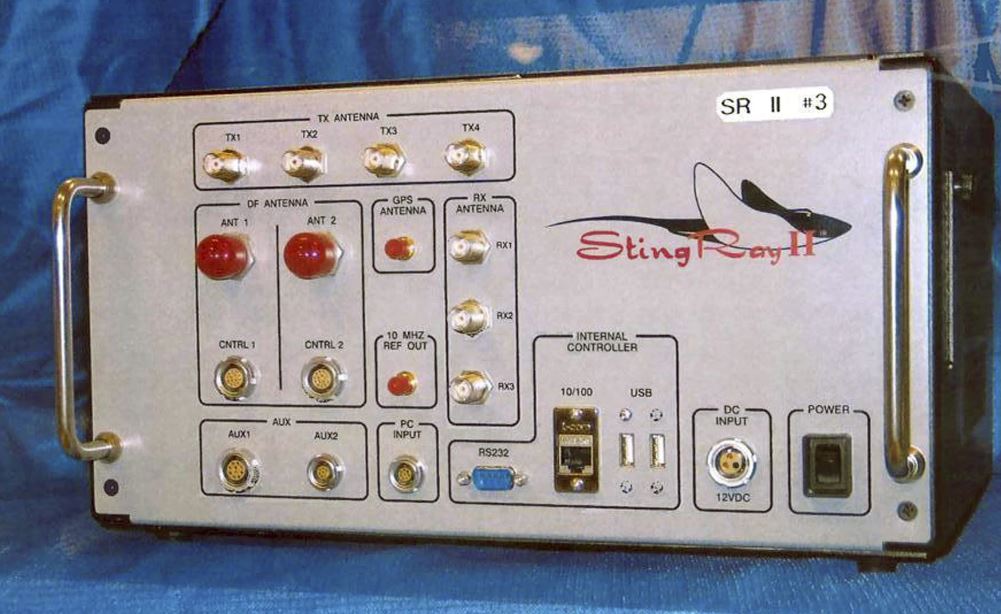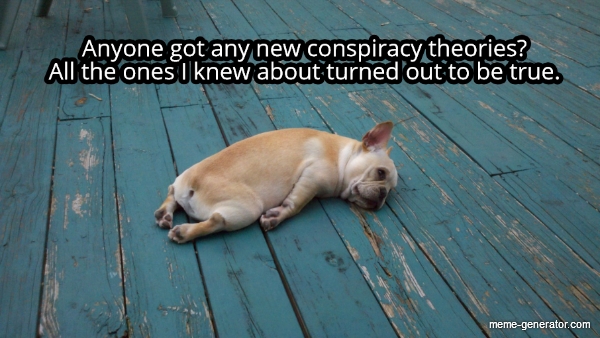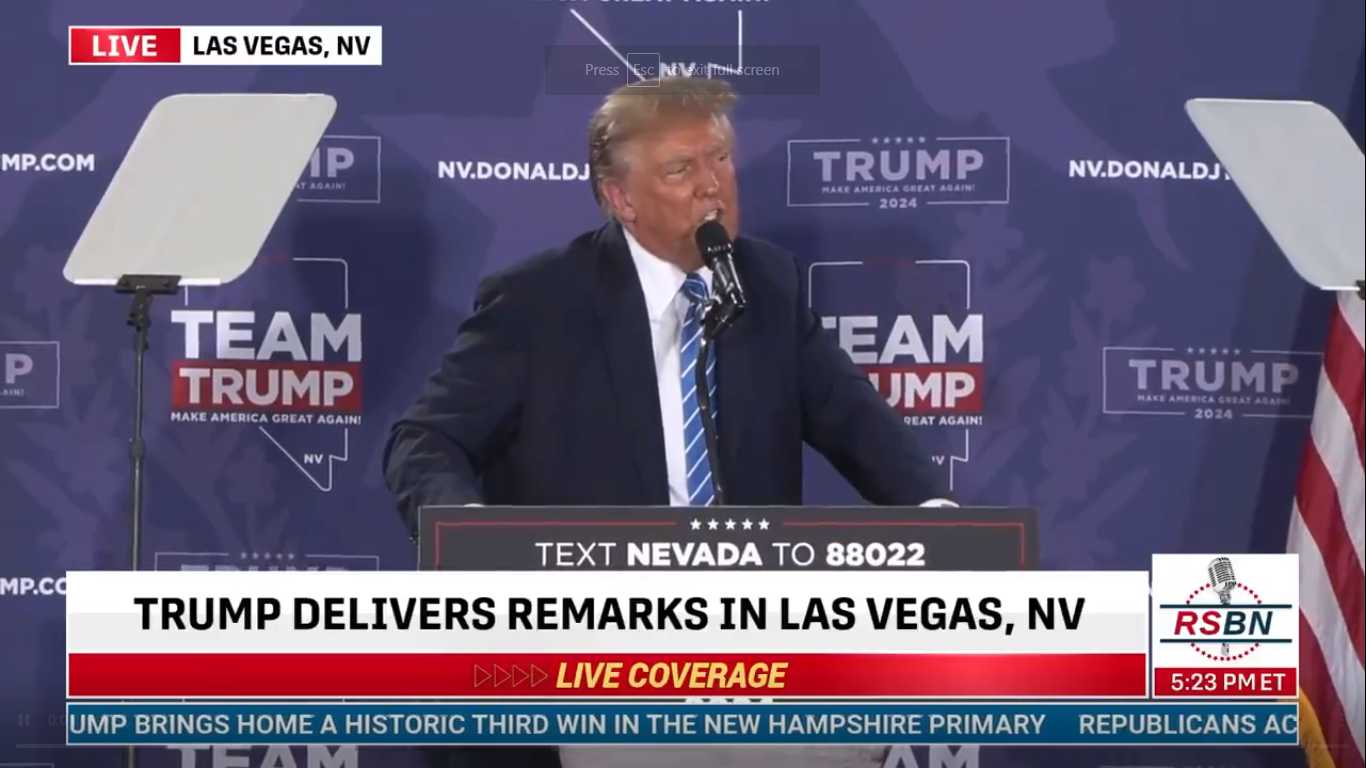90.5 WESA’s Criminal Injustice podcast, host David Harris talks to Adam Bates, who studies the secret use of Sting Ray devices at the Cato Institute in Washington D.C.
Their conversation has been edited for length and clarity.
DAVID HARRIS: What are Sting Ray devices? What do they do?
ADAM BATES: So what it does is simulates the signal of a cell tower and forces the legitimate cell tower signals out and forces any cell phone in the surrounding area to connect to it. And once your cell phone is connected to the Sting Ray, the operator has access to a lot of personal information -- not just your phone number but who you're calling where you are and even the content of your communications.
HARRIS: I could see how these could be very useful for police in finding bad guys more quickly, locating them more precisely, things like that. So they could serve a good law enforcement function, couldn't they?
BATES: That's undoubtedly true. It's easy to imagine for instance a kidnapping victim who has his or her cell phone, and the Sting Ray would help physically locate that victim and the kidnapper, but that doesn't explain the secrecy and the lack of transparency and accountability. The FBI has proffered this nondisclosure agreement that actually forbids state and local law enforcement from disclosing anything about the devices – not just to the public but also to courts, to legislators, even to defense attorneys. So there's so much that we still don't know about what police are doing with this technology.
HARRIS: Under those agreements, the local law enforcement agency is not allowed to release information about their use or even the existence of the technology.
BATES: That's correct. So we've seen police agencies mislead, or lie depending on your perspective. We've seen them lie to courts in order to get authorization to use these devices. We've seen them try to submit secret evidence in court without explaining where it came from. They're taking this (nondisclosure) obligation very seriously.
HARRIS: How widespread is the use of Sting Rays? Federal agencies? State agencies? Both?
BATES: Virtually every federal agency that has any kind of law enforcement function has Sting Rays including the IRS which has two for some reason. At last check, the ACLU has found Sting Rays in use in 24 states and the District of Columbia. About three or four years ago the Pennsylvania State Police used federal terrorism money to purchase two Sting Ray devices.
HARRIS: Do the police need a warrant?
BATES: That is an open question. The courts have not had much opportunity to assess the constitutionality here. What is clear is that some police departments are getting a warrant, some police departments are just settling for pen register orders and some police departments are just using that device without any authorization at all. But it's important to note that the places we know have them – we've only found that out mostly through litigation. So just because we don't know that Pittsburgh or Philadelphia or a given state is using these devices certainly doesn't mean they're not.
HARRIS: The major justification for the use of Sting Rays in domestic law enforcement is anti-terrorism work. Is that how they actually get used?
BATES: No. Almost entirely these devices are being used for routine law enforcement, and that's looking at thousands of deployments across dozens of states. I haven't come across a single use of this technology for terrorism purposes. There's basically two operations. One is if they already have the number of the person they're looking for and they're using it as a physical location tracker, in which case it's just checking everybody's number against the number they entered. The other is a more Dragnet-style mode where it forces every cell phone in the area to connect to it. And in that situation, it depends on how many cell phone users are in the area. But certainly it could be dozens, up to hundreds of people if they're that densely located.
HARRIS: So if there was one being operated near 90.5 WESA right now they could be listening to us?
BATES: They could be listening to us. They could see who you call this morning. They could even perhaps read your text messages. Yes, that's absolutely correct. And if they were outside of a protest, they could get the phone number of every member of that protest. If they were outside a mosque or a gun show, they could get the phone numbers of everybody at that event. So I mean it is a very powerful surveillance tool.





You are not authorised to post comments.